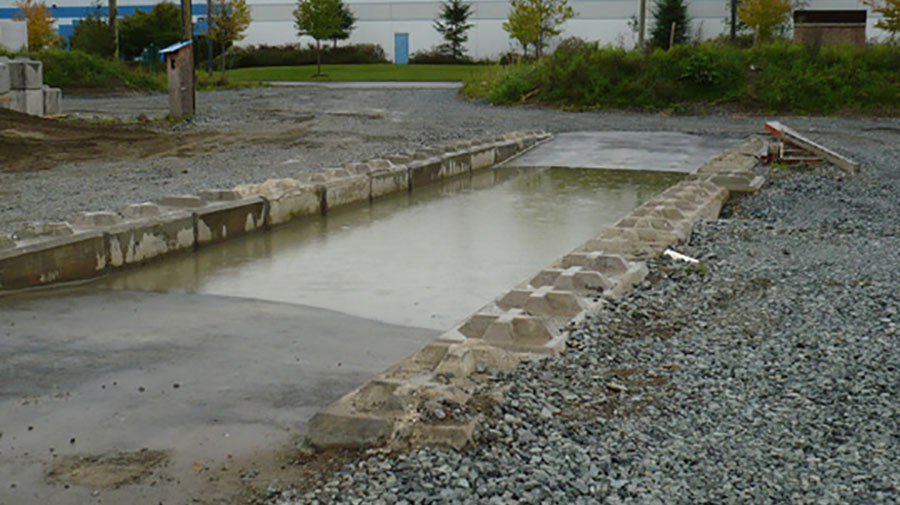
Construction sites can be messy places, with dirt, mud, and debris being constantly tracked in and out of the site. This not only creates an unsightly work environment but can also be a safety hazard. One way to mitigate these issues is through the use of a wheel wash system. In this blog post, we will discuss the advantages and disadvantages of a wheel wash on construction sites.
Advantages:
Keeps the site clean: A wheel wash system can significantly reduce the amount of dirt, mud, and debris that is tracked in and out of the construction site. This not only keeps the site clean and tidy but also reduces the risk of accidents caused by slippery surfaces.
Reduces environmental impact: By preventing mud and dirt from being tracked onto public roads, a wheel wash system can help to reduce the environmental impact of construction sites. This is especially important in areas where the construction site is near a body of water or other sensitive environmental areas.
Compliance with regulations: Many construction sites are subject to regulations governing environmental impact and site cleanliness. A wheel wash system can help construction sites comply with these regulations, avoiding costly fines and other penalties.
Improved site safety: A clean construction site is a safer site. A wheel wash system can help to reduce the risk of accidents caused by slippery surfaces, which can result in serious injuries to workers.
Disadvantages:
Cost: The installation and maintenance of a wheel wash system can be costly. This may not be feasible for smaller construction sites or those with limited budgets.
Space requirements: A wheel wash system requires a significant amount of space. This may not be possible on smaller construction sites or those with limited space.
Maintenance: A wheel wash system requires regular maintenance to ensure it functions properly. This can be time-consuming and may require specialized knowledge or expertise.
Water usage: A wheel wash system uses a significant amount of water, which may not be feasible in areas with limited water resources or during times of drought.
In conclusion, a wheel wash system can provide many benefits for construction sites, including improved site cleanliness, reduced environmental impact, compliance with regulations, and improved site safety. However, there are also some drawbacks, including cost, space requirements, maintenance, and water usage. Ultimately, the decision to install a wheel wash system will depend on the specific needs and circumstances of each construction site.